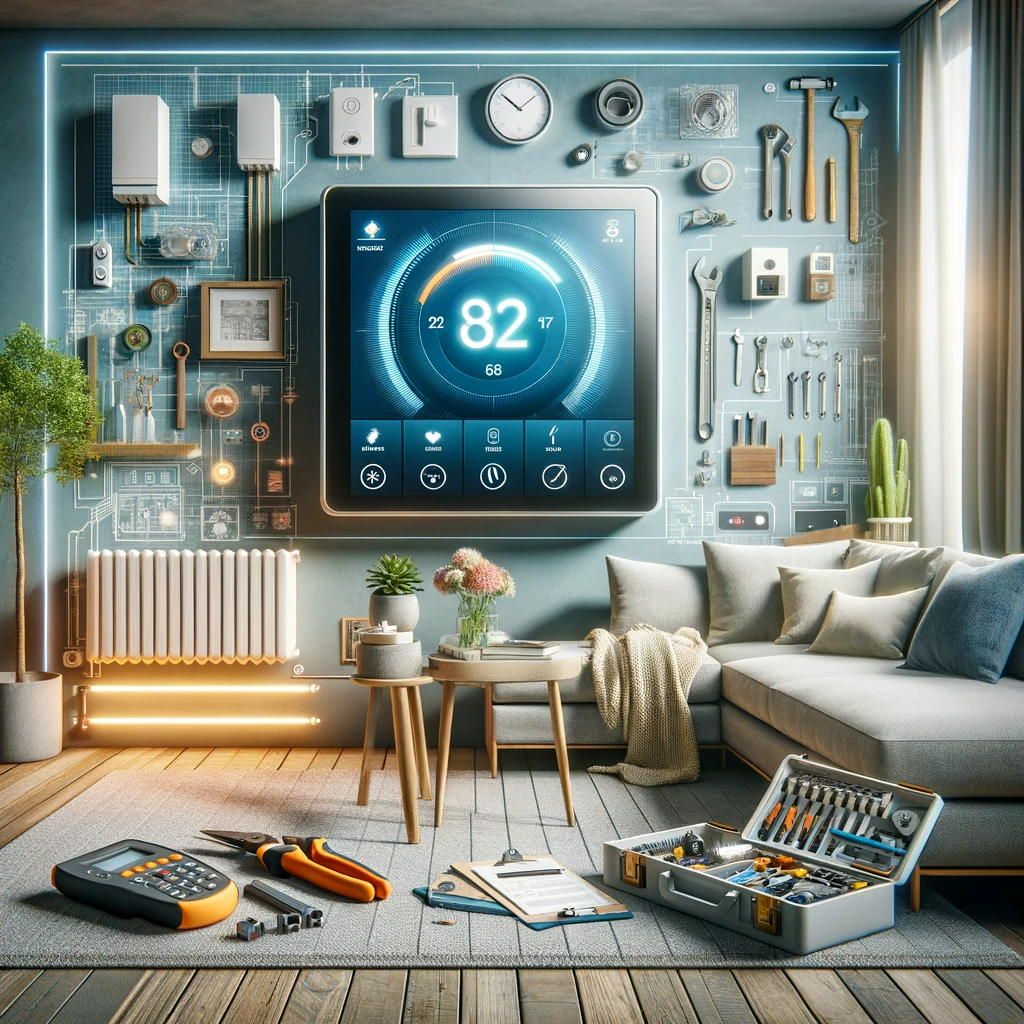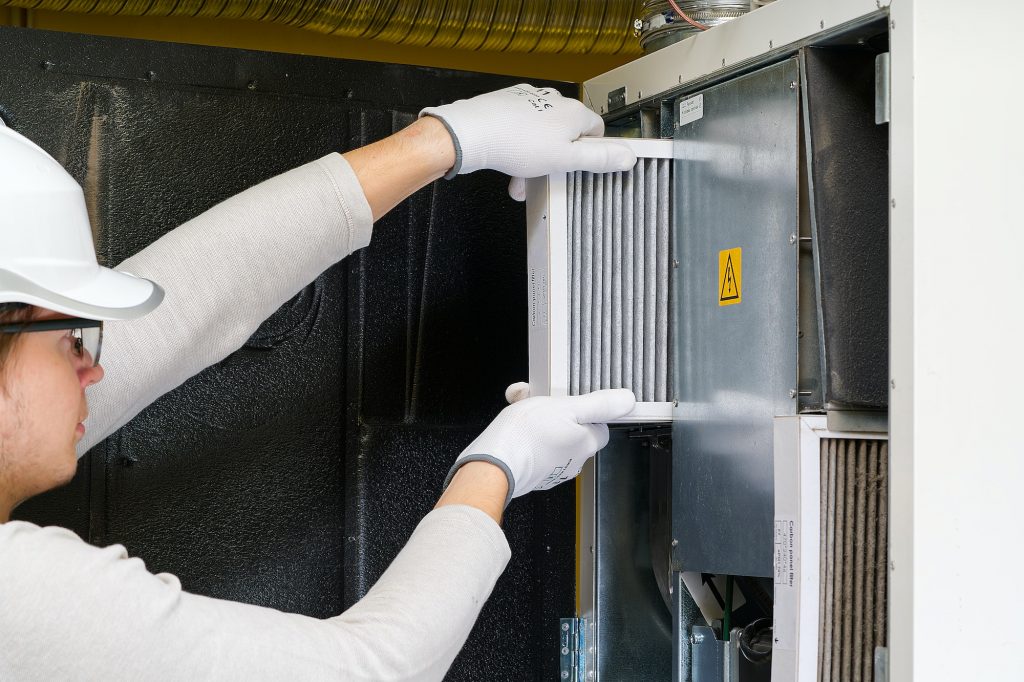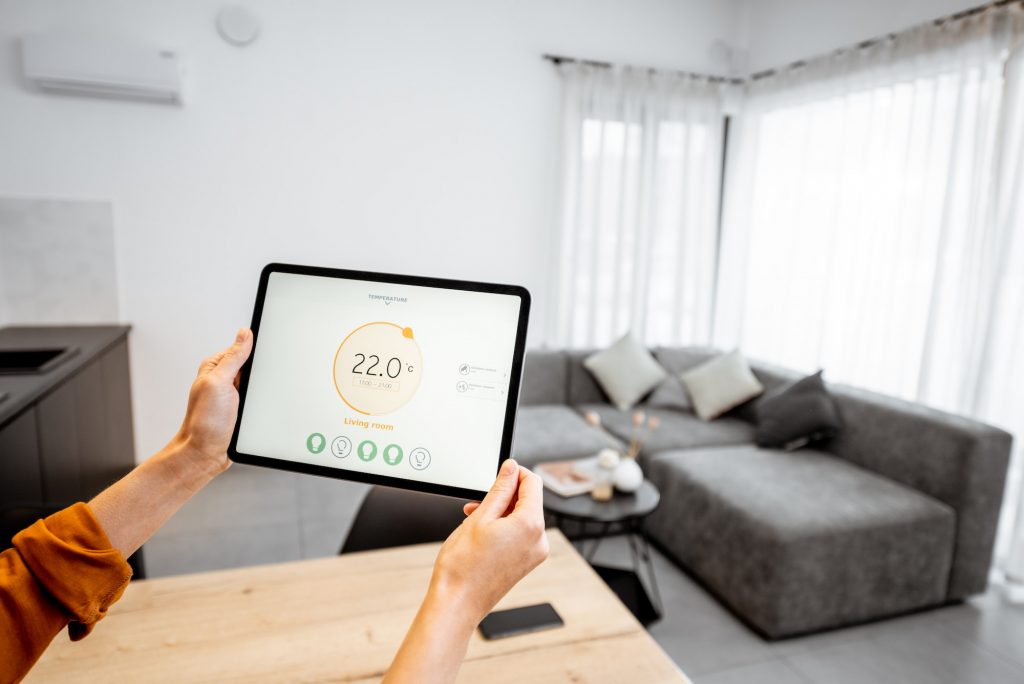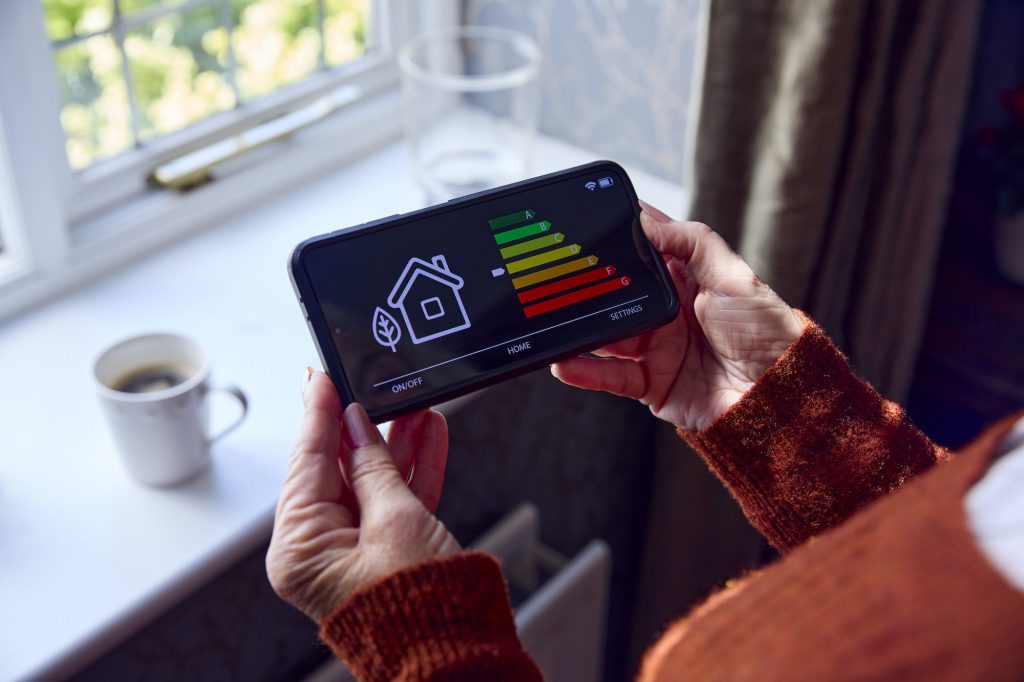Indoor air quality is a critical aspect of our health and well-being. We spend a significant amount of time indoors, making it imperative that we ensure the air we breathe is clean and safe. Heating systems play a crucial role in maintaining indoor air quality, but they can also be a source of pollutants if not properly maintained. This article aims to examine the impact of heating systems on indoor air quality, including the dangers of carbon monoxide poisoning and tips for improving air quality.

Importance of Indoor Air Quality
Indoor air quality refers to the air quality inside buildings, including homes, offices, and other indoor spaces. Various factors affect indoor air quality, including pollutants from heating systems, household cleaners, and furniture. Poor indoor air quality can have serious health effects, including headaches, fatigue, and respiratory problems. In severe cases, it can even lead to serious illnesses, such as lung cancer and heart disease.
Heating Systems and Indoor Air Quality
There are several types of heating systems, including furnaces, boilers, and heat pumps. Each of these systems can impact indoor air quality in different ways. For example, furnaces can release particles into the air, while boilers can emit carbon monoxide if not properly maintained. It is essential to understand the impact of your heating system on indoor air quality and take steps to improve it.
Dangers of Carbon Monoxide Poisoning
Carbon monoxide is a colourless, odourless gas that can be dangerous when inhaled. The incomplete burning of fossil fuels, such as natural gas, oil, and wood, produces it. Symptoms of carbon monoxide poisoning include headache, dizziness, nausea, and confusion. Left untreated can lead to serious health problems, including brain damage and death.
Tips for Improving Indoor Air Quality
Improving indoor air quality is essential for maintaining good health. There are several steps you can take to improve the air quality in your home or office, including:
- Ventilation: Ensure that your home
- Ventilation: Ensure your home or office is adequately ventilated to allow fresh air circulation.
- Air purifiers: Consider using air purifiers to remove pollutants from the air.
- Regular maintenance of heating systems: Regular maintenance of your heating system is essential to ensure that it is functioning correctly and not releasing pollutants into the air.
- Use of non-toxic building materials: When building or renovating, consider using non-toxic building materials to reduce the number of indoor air pollutants.
- Limiting indoor air pollutants: Take steps to determine indoor air pollutants, such as avoiding harsh chemicals, not smoking indoors, and regularly dusting and cleaning.
The Importance of Regular Maintenance
Regular maintenance of your heating system is crucial to ensure it functions correctly and does not release pollutants into the air. Signs that indicate the need for care include increased heating bills, strange noises, and decreased heating efficiency. It is crucial to hire a professional for maintenance to ensure that the job is done correctly and to minimize the risk of carbon monoxide poisoning.
Choosing the Right Heating System
When choosing a heating system, it is essential to consider factors such as cost, efficiency, and impact on indoor air quality. Different heating systems have other pros and cons, and choosing the right one for your needs is essential. For example, heat pumps are more energy-efficient than furnaces but may not suit all climates.
Conclusion
In conclusion, heating systems are crucial in maintaining indoor air quality. However, they can also be a source of pollutants if not properly maintained. The dangers of carbon monoxide poisoning highlight the importance of regular maintenance and choosing the right heating system. By following the tips for improving indoor air quality, you can ensure that the air you breathe is clean and safe.







